Armageddon Time
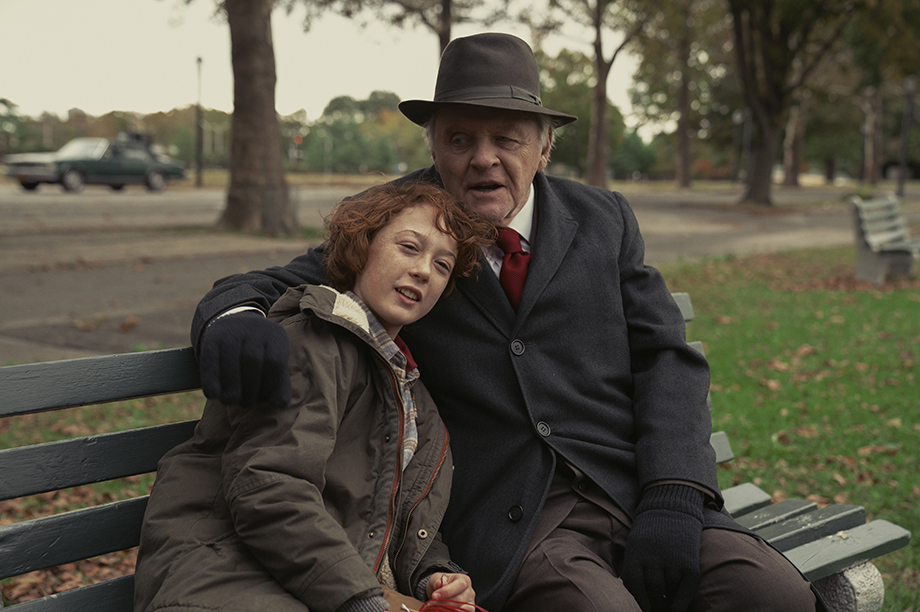
After the uneven space operatics of Ad Astra (2019), American writer–director James Gray returns to Earth – specifically to Queens, New York, 1980 – with Armageddon Time, a burnished, contemplative, and astutely observed autobiographical coming-of-age tale. This is a rapidly escalating micro-trend in cinema; it seems that every auteur with enough critical clout will soon be expected to churn out their very own childhood memoir movie, from Alfonso Cuarón’s Roma (2018) and Kenneth Branagh’s Belfast (2021) to the upcoming self-told Steven Spielberg origin story, The Fabelmans.
While the two films’ worlds are continents apart and could not be more stylistically distinct, Armageddon Time suffers through mere proximity to Belfast, hitting a number of familiar beats right on cue: the precocious child, the warring-but-in-love parents, the doting grandfather, the friend from the wrong side of the tracks, the background of social upheaval. What sets Armageddon Time apart is Gray’s exacting commitment to the depth of his own memories, the patience of his storytelling, and his willingness to sit with the discomfort and ambiguity of characters we come to love doing things we don’t necessarily like.
Continue reading for only $10 per month. Subscribe and gain full access to Australian Book Review. Already a subscriber? Sign in. If you need assistance, feel free to contact us.



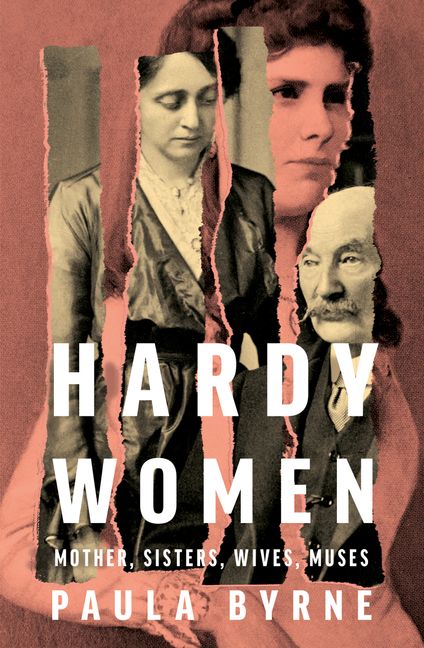
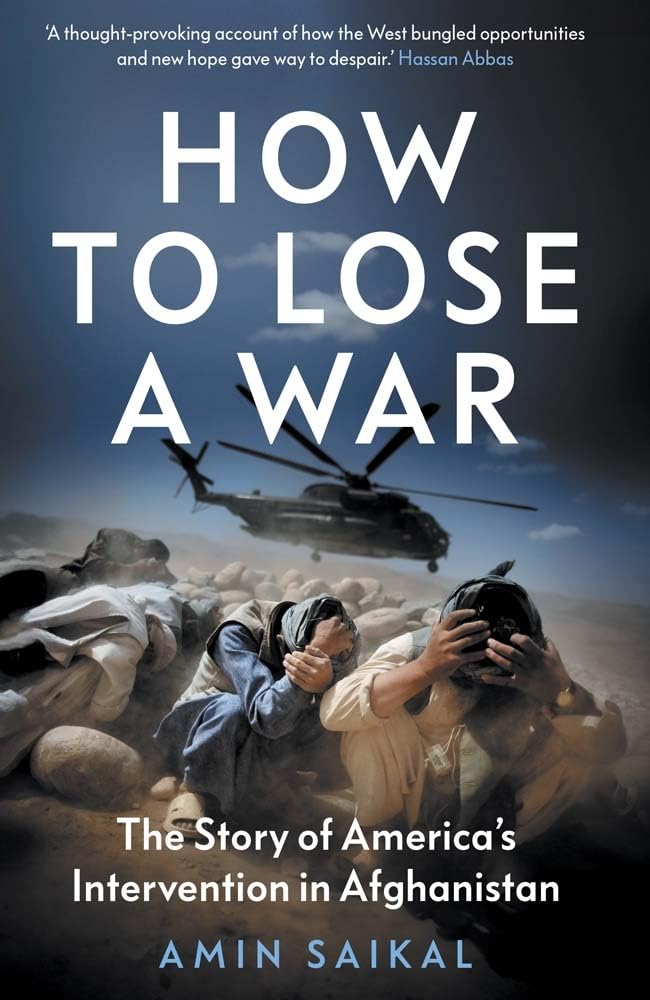

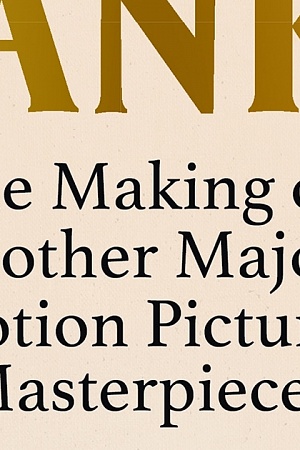
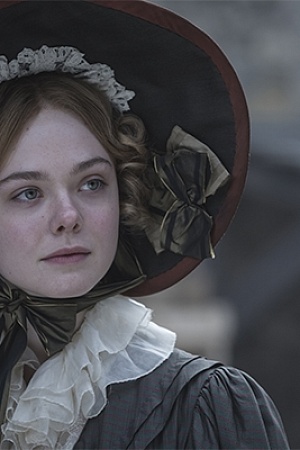
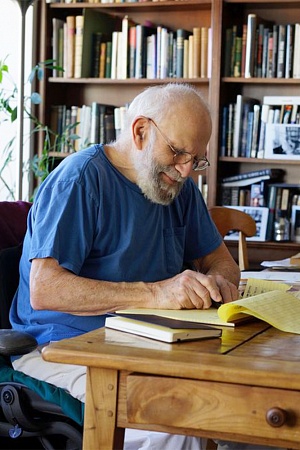
Comment (1)